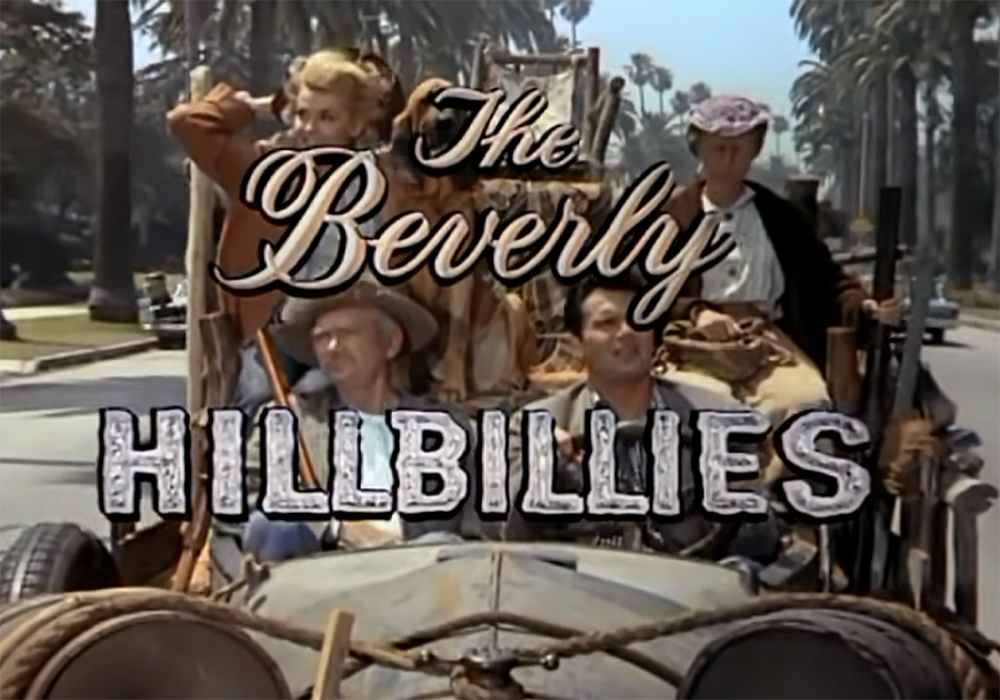The term “rural purge” certainly has an ominous ring to it, something to strike fear in the hearts of gentle agrarians minding their own business on idyllic farms scattered across the countryside.
I stumbled across it quite by accident after waking up one morning to the theme song of The Beverly Hillbillies circulating in my head.
I have no answer for why that was — I haven’t thought about the old TV sitcom in a long, long time.
But there it was, going round and round as I prepared to start the day. No long-term harm was done, but it did get me thinking about that old television show. I eventually did a little research about its history, which was where I began learning about the “rural purge” of the early 1970s.
Read Also

Don’t undermine the backbone of agriculture
Agriculture Canada and the dedicated public servants who work every day to support Canadian agriculture are a crucial pillar of the sector and they need support — not austerity.
The Beverly Hillbillies, as some of you of a certain age might remember, was about a family from the Ozarks who struck it rich, moved to a mansion in Los Angeles and launched the ultimate urban-rural culture war.
The show ran from 1962-71 and when it was cancelled, it wasn’t because of poor ratings.
Instead, advertisers had decided they wanted the network to begin catering to a more sophisticated urban audience. The TV executives caved, and Jed Clampett, Granny, Elly May and Jethro were sent packing back to their shack in the hills.
But they weren’t alone. The show’s cancellation was part of a much broader move among the three American television networks to rid themselves of the rural-themed shows that had been a staple on the airwaves for years.
In fact, CBS ran so many of these shows that some wags took to calling it the Country Broadcasting System.
However, some argued that these programs didn’t fully represent the “modern” American experience, and the networks eventually decided to do something about it — and never mind the good ratings.
It was the end of the line for Hee Haw, Mayberry R.F.D., Green Acres and The Beverly Hillbillies — what became known as the “rural purge” — and the beginning of a new urban sensibility with shows such as The Mary Tyler Moore Show and All in the Family.
As one of the Green Acres actors said at the time: “CBS cancelled everything with a tree in it — including Lassie.”















